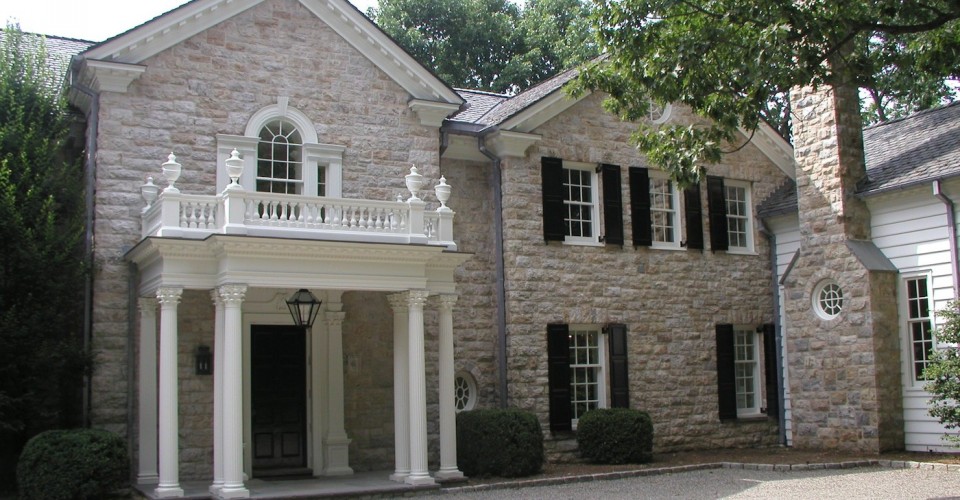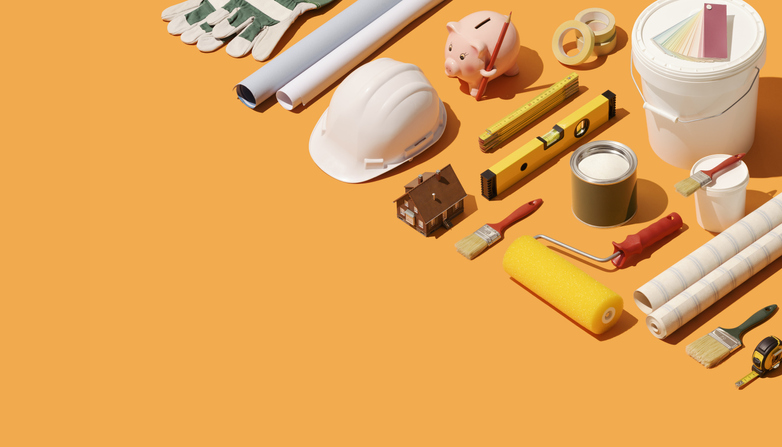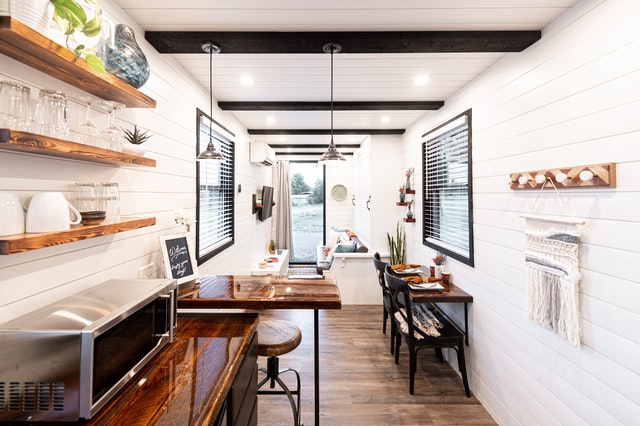It’s easy to fall in love with a historic home or neighborhood. Historic homes have charm and beauty, as well as a historical significance – both architectural significance as well as ownership or event importance. Historical neighborhoods, like New Orleans’ French Quarter, offer a certain cache and appeal for many prospective homebuyers. Before jumping into purchasing a historic home, or buying into a historic neighborhood district, you’ll want to weigh the pros and cons.
How do you know the home is historically significant?
Historically significant homes aren’t necessarily more expensive however, before buying you’ll want verification of it’s importance. Remember that how a home is deemed “historic” may depend upon various factors. The original owner of the home may have been historically important, the home may have been designed or built by a prominent architect, a historic event may have taken place in the home, or the home may be part of a historic neighborhood. Whatever the case may be, a smart homebuyer will want to do their own research and verification. There are many websites and resources out there that can help with the research process. The National Register of Historic Places (NRHP) is the official US site for historic properties, structures or areas. Their priority is to help identify historic places and help fund their preservation.
If you are looking to buy a historic home there are many resources to help you find the right match. You can use the NRHP website to find properties or visit the National Trust for Historic Preservation which also lists homes and properties for sale. If you know the city or neighborhood you’d like to live in, try searching for local real estate agents who might specialize in historic homes for sale. Very often important structures aren’t listed publicly and may have been owned by the same family for several generations. Understand that in order to buy your dream home, you may need to start networking and researching on your own.
Here are some resources to find out the historical significance of a home or neighborhood:
- research the home’s deed trust to learn more about the ownership and original date of home
- check with the National Register of Historic Places for listed homes for sale
- look at the National Trust for Historic Preservation for homes and properties for sale
- check with local government agencies like historical trust registers or site registers
- research real estate agents who specialize in historic listings such as Historic For Sale or Old Houses
- hire an architectural historian or building conservation expert like Building Conservation Associates
Benefits of purchasing historic properties
Aside from the overwhelming charm and beauty, many homeowners find that owning a piece of history can be an added benefit to home ownership. Contributing to the preservation of US history and possibly opening up their home to historians and other interested parties is another benefit. Some historic homes are permitted to host weddings or events, some may have even been retrofitted with a commercial-quality kitchen for catering. The property of a historic home may be filled with significant and established landscaping – an added feature to owning the home. There can be tax benefits or incentives as well, especially if the home you purchase requires retrofitting to bring it up to code.
Historical homes have numerous benefits, including:
- they are aesthetically pleasing with unmatched architecture
- state and local governments may offer you tax incentives or lower interest loans to restore these historical homes or just to purchase and preserve them
- you’ll get to live in a piece of your town’s history
- you may meet other historical enthusiasts who are interested in preserving history
- the home may be able to serve in a public function such as weddings or tours
- valuable landscaping or outbuildings may come with the home and may be of historical significance
Disadvantages to buying historic properties
While historical homes certainly have their advantages, there are also disadvantages that should be considered too. It is very common that a historical home or property will come with restrictions. Some may be as simple as paint colors while others may require that the home cannot be changed in any way – making it difficult to add bathrooms, add energy efficient windows or convert rooms. You’ll want to do as much research as possible before purchasing so that you know exactly what is expected of you as a homeowner. You may be required to serve as “caregiver” in addition to homeowner, meaning that you may be expected to hire particular landscapers or preservationists to keep up the appearance. Due to the higher upkeep that an older home brings, you’ll want to be honest about your dedication to this home and know that you may have much higher maintenance and repair costs. Some historic homes need major upgrades – there may be lead paint, asbestos, heated oil tanks or mold to deal with. You may also need to retrofit or repair the historical details of the home such as architectural elements, wallpaper, tile or outbuildings.
Disadvantages to consider:
- costly restoration
- structural issues
- possible home hazards like mold or lead paint
- upkeep and maintenance costs
- need to hire expert professionals and preservationists
- need to adhere to strict guidelines, rule or restrictions
Tips for buying a historical home
If you are ready to dive in and buy a historical property, there are several things you should do to make sure you get the most out of your investment. Do your due diligence to ensure you are actually purchasing a registered historic home. Have a good knowledge around why the home is significant – a good owner will be enthusiastic about the idea of preserving the historical nature of the home. Some historic home owners see their job as a public service and are very open to the idea of sharing their home with other enthusiasts. Before purchasing the home, you’ll want to have an independent home inspector assess the current state of the home. Because this is a historic home, you’ll want an inspector who has experience in this field. Remember that the home may need to be brought up to code. Although a home inspector can assess what isn’t up to code, the home inspector won’t give cost estimates for upgrades. For that you’ll need a licensed contractor and ideally someone who specializes in historic home restoration. Many of the above mentioned websites have links to a network of resources, from preservation experts to stores that sell vintage home goods. Use them as a guide so that the work you do adds value to the home.
Tips for buying:
- have a full understanding of what you can and can’t do to the home
- hire a home inspector and have the home looked over thoroughly
- get estimates from local contractors to see how much in repairs and restorations
- use your historic home network of resources
Need to find a historic home specialist? Find one on Porch!
Top image credit: JMKA Architects




